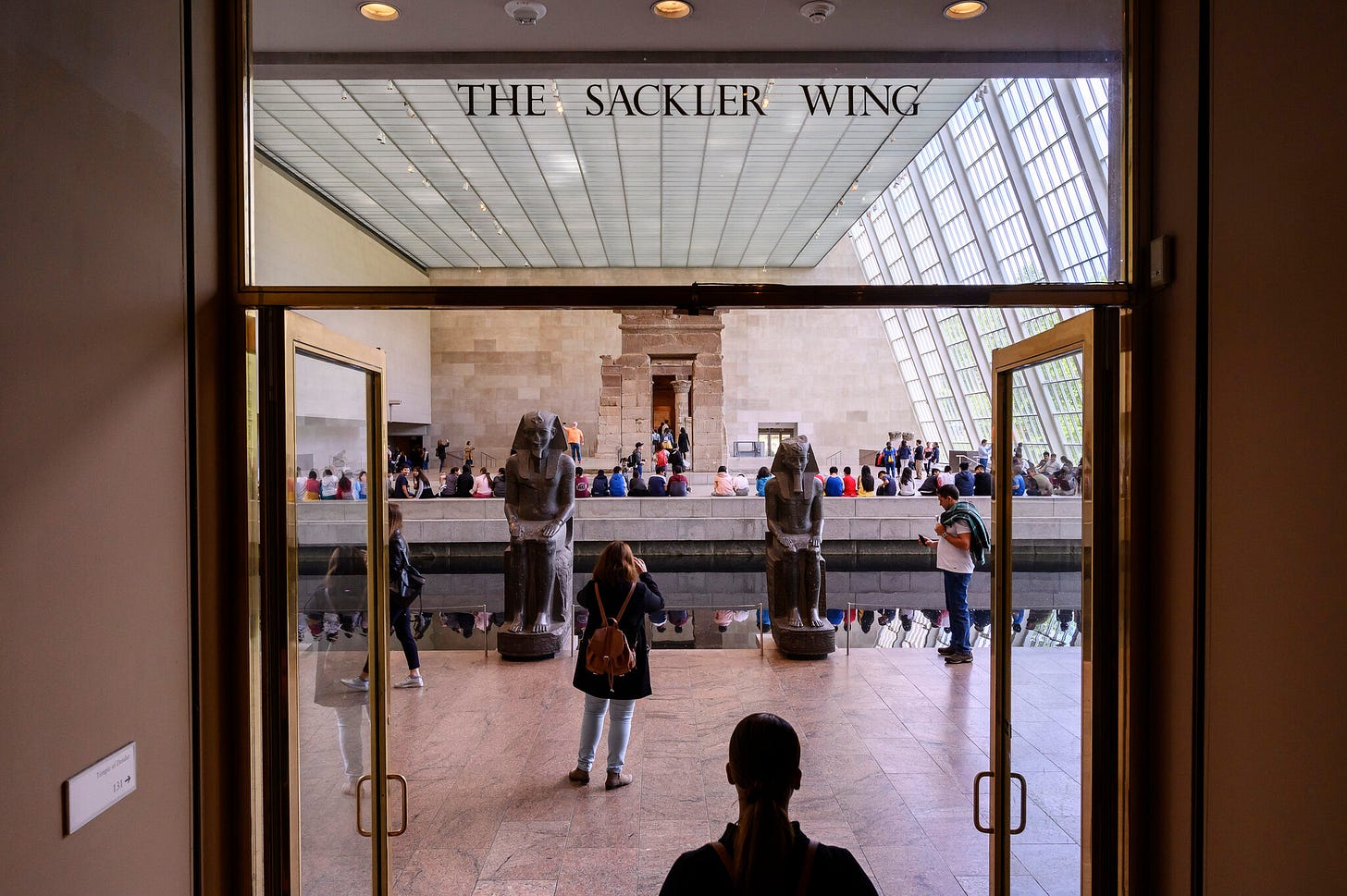Empire of Pain by Patrick Radden Keefe
The Secret History of the Sackler Dynasty
"Empire of Pain: The Secret History of the Sackler Dynasty" by Patrick Radden Keefe is a meticulously researched and compelling account of the Sackler family, Purdue Pharma's role in the opioid epidemic, and the far-reaching consequences of their actions, which led to the deaths of hundreds of thousands of people.
Keefe's book is a damning indictment of the Sacklers' business practices and a powerful exploration of the complex interplay between philanthropy, reputation, and the pursuit of wealth and status.
The book is an incredibly riveting read, even when delving into complex medical and legal issues. Keefe draws information from interviews, court documents, and other sources, building a compelling case against the Sacklers and Purdue Pharma.
The Sackler Dynasty begins with the tale of three brothers: Arthur, Mortimer, and Raymond Sackler. Born to Jewish immigrants in Brooklyn, they became medical doctors and later turned their attention to the world of manufacturing and advertising pharmaceuticals, amassing a fortune together. As one would expect, various conflicts arose between the brothers as their wealth grew, and they each had different priorities and families to manage. Despite the brothers and their families splitting, the business continued to grow and dominated the pharmaceutical industry with various successful drugs.
While the main focal point was the Sacklers’ quest for wealth and power leading to the death of hundreds of thousands of Americans, one of side notes that was interesting was their approach to philanthropy.
They kept their association with Purdue Pharma and the sale of OxyContin private, rarely discussing their involvement publicly. Instead, they focused on building their reputation through generous donations to various museums, universities, and cultural institutions such as art galleries. They secured the naming rights for buildings, wings, and even entire institutions.
Some prominent examples include the Sackler Wing in the Metropolitan Museum of Art in New York City, the Louvre Museum in Paris, and the American Museum of Natural History in New York.
Many of these institutions faced heavy backlash after the unveiling of Purdue Pharma's massive role in creating the opioid epidemic in America through misleading marketing for their drug, OxyContin. The CDC reported that from 1999 to 2019, nearly 500,000 people died from overdoses involving prescription and illicit opioids, and the Sacklers are responsible for a significant number of these cases. Most of these institutions have since distanced themselves from the Sackler family and removed the Sackler name.
Although the Sackler family's donations to various institutions predate their involvement with OxyContin and the opioid crisis, their attempts to leave a positive family legacy and shape public opinion were thwarted by the fact that their intentional marketing of their addictive opioid directly led to the deaths of hundreds of thousands of people.
This book reminded me of Bad Blood by John Carreyrou, which explored the rise and fall of Theranos. Both are companies in the healthcare space which intentionally misled investors, partners, and the public about their products in their pursuit of wealth, fame and power. Although Theranos's crimes were at a much smaller scale than Purdue Pharma, both serve as cautionary tales about the dangers of unchecked ambition, lack of transparency and prioritisation of profit over public health and morals.
Overall, Empire of Pain takes one through the rise and fall of the Sackler family over the past century. Although the family still maintains a huge fortune estimated at $10.8 billion, Purdue Pharma has filed for bankruptcy, and they face massive fines. It's an incredible tale of how the quest for greed, power, and profits can lead to staggering amounts of harm. It is also an incredible account of the opioid crisis and the role big pharma has played in it.



